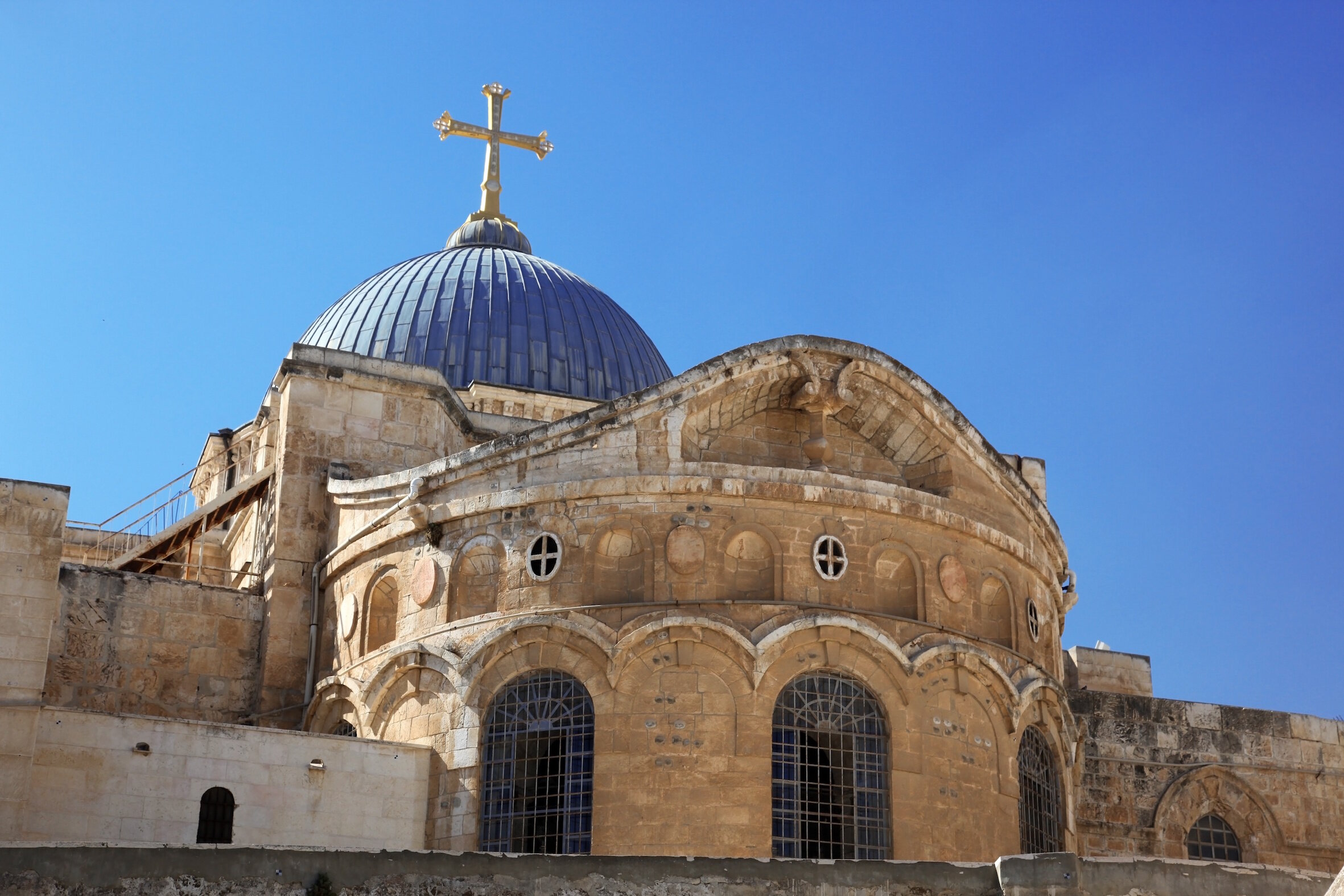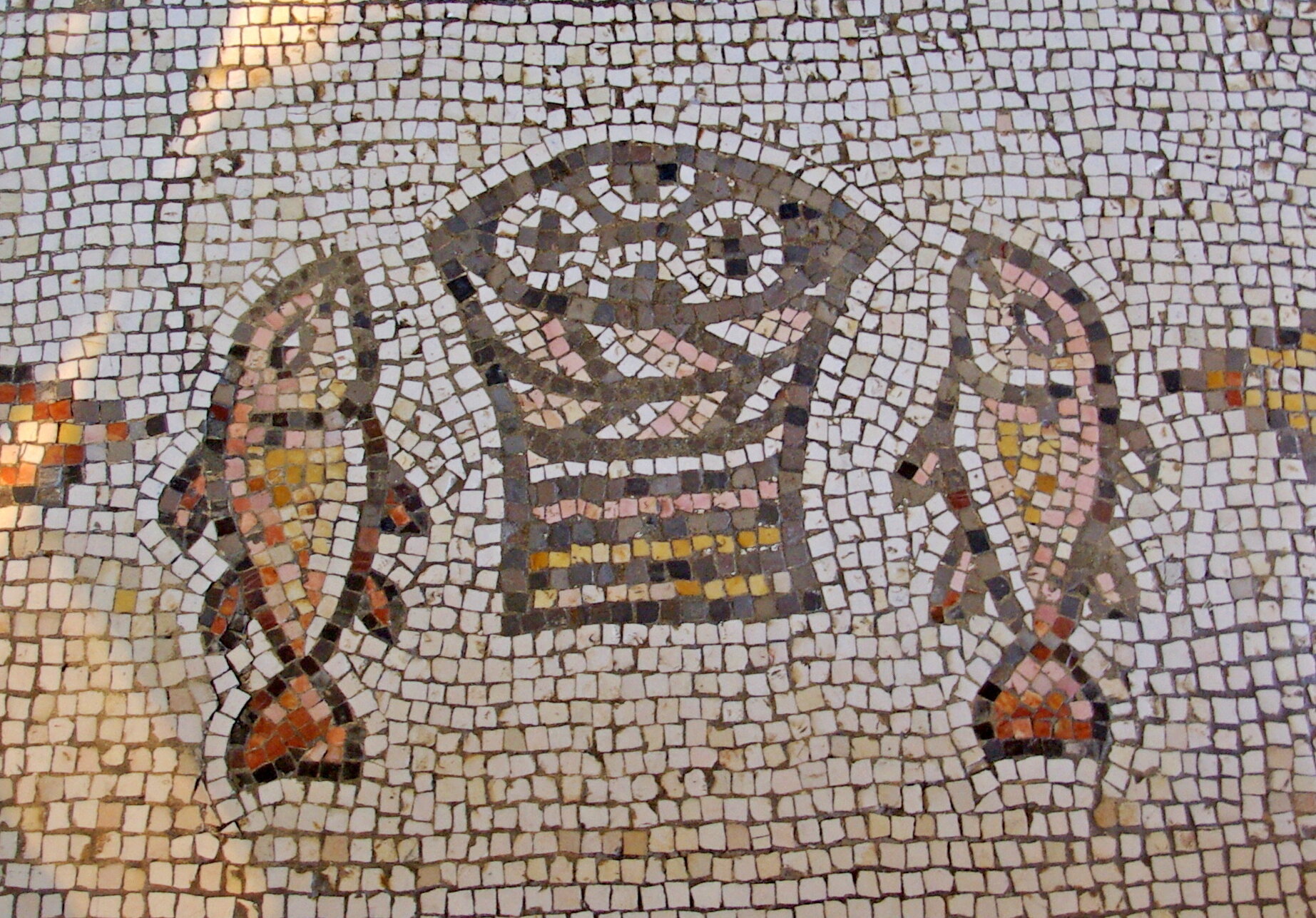The unveiling of the Oratory Crib took place during the First Mass of Christmas at midnight. This helps to emphasise that the Christmas season only really begins on Christmas Eve and continues for the first weeks of January, through Epiphany, to the commemoration of the Baptism of Our Lord. Normally our Crib is always in St Wilfrid's Chapel, which with the lights turned low takes on the atmosphere of a cave. This Christmas, in deference to the Orwellian "social distancing" requirements still demanded by the bureaucratic powers that be, our Crib has been erected in the airier surroundings of the chapel of St Mary Magdalen.
One of the aspects of the Crib which captures the attention of the many children who come to pay their homage to the Infant Jesus is the large collection of models of animals that stand around the entrance to the makeshift stable. The addition of a pale pink curly-tailed piglet two years ago elicited a polite but firm rebuke from an adult purist who protested on the grounds that Jewish dietary regulations would have made the presence of such a creature in Bethlehem highly unlikely. In the most impressive "Presepi" of all, however, in Naples, one would be hard pressed to find a Nativity scene that did not include a butcher with a string of pork sausages around his neck, in addition to barbers, wine merchants and South American football heroes, while in Africa zebras and giraffes are often to be found grazing around the Manger, so perhaps we need not be too rigid in our observance of historical accuracy.
There is, after all, no explicit scriptural foundation for the presence of any animals at the Nativity. However, since St Francis of Assisi set up the first Crib in the hill town of Greccio in 1223, with a real ox and a live ass lent by a local landowner, animals have been an indispensable part of Nativity scenes. The ox and the ass deserve a privileged position at the Manger, the loyalty of these particular beasts having been contrasted with the fickleness of God's own chosen people at the beginning of the Prophecy of Isaias: "The ox knoweth his owner, and the ass his master's crib: but Israel hath not known me, and my people hath not understood" [Isaias 1:3]. The Fathers of the Church recognised in this verse a prophetic reference to Bethlehem, where the Christ Child would be placed in a feeding trough. The attentiveness of the ox and the ass at the Manger serve as an example to us, reminding us that the little Child presented to us in the Gospel is the Lord of all creation Himself, Who has come to feed His people with His own Body in Holy Communion and is worthy of our adoration.
The Crib should inspire us to be grateful for animals, which provide us with a wonderful testimony to the creative genius of Almighty God. The dominion which God grants man in Eden, when He bestows on Adam the authority to give names to "all the beasts of the earth," and to "all the fowls of the air, and all the cattle of the field" [Genesis 2: 19-20], brings with it great responsibilities. Every living creature that God has made somehow has its role to play in creation, which we disdain at our peril. The contribution of even the humble bee to the healthy functioning of the earth's ecosystem and our own survival within it is significant to a high degree. The Church even recognises the bees’ contribution to Her liturgy in the Exsultet, sung by the deacon at the Easter Vigil, in the kudos She gives to bees for providing the wax that will be fashioned by human hands into the Paschal Candle.
Saint Francis is not the only saint renowned for his tenderness to animals. Our own St Philip merits a mention in the modern Catechism for the gentleness with which he treated them [CCC 2416]. He could not stand to see them ill-used, crying out to someone he saw step on a lizard, "Cruel fellow! What has that poor animal done to you?" and seething with indignation at the sight of a butcher injuring a dog with one of his knives. Saint John Henry Newman declared: "Cruelty to animals is as if man did not love God...there is something so dreadful, so satanic, in tormenting those who have never harmed us, and who cannot defend themselves, who are utterly in our power." His Eminence's aversion to visiting London in later life was apparently allayed by the prospect of visits to the London Zoo in Regent's Park.
In the Crib, we see a wonderful illustration of a divinely ordained hierarchy glorifying Almighty God. The animals give that glory just by being themselves, because they fulfil their purpose in creation merely by existing. The shepherds, the Magi and St Joseph, along with the Angels, glorify God by having co-operated with grace in making a free, conscious and meritorious decision to adore the Christ Child. They provide an example to us, who have been created to know, love and serve God in this world in order that we might participate in His glory in Heaven. The Blessed Virgin, meanwhile, is granted a uniquely elevated place in this created hierarchy because She, a purely human creature, consented to become the Mother of God and will be crowned Queen of the Angels in Heaven. And finally, there in the humble feeding trough, attended by ox and ass, adored by the shepherds, the Magi, St Joseph, the Angels and His Mother, is the Creator Himself. As we visit the Crib this Epiphanytide, let us remember to thank God for the animals, and resolve to learn from them how to fulfil the higher and most glorious purpose for which God created us.
Father Julian Large













